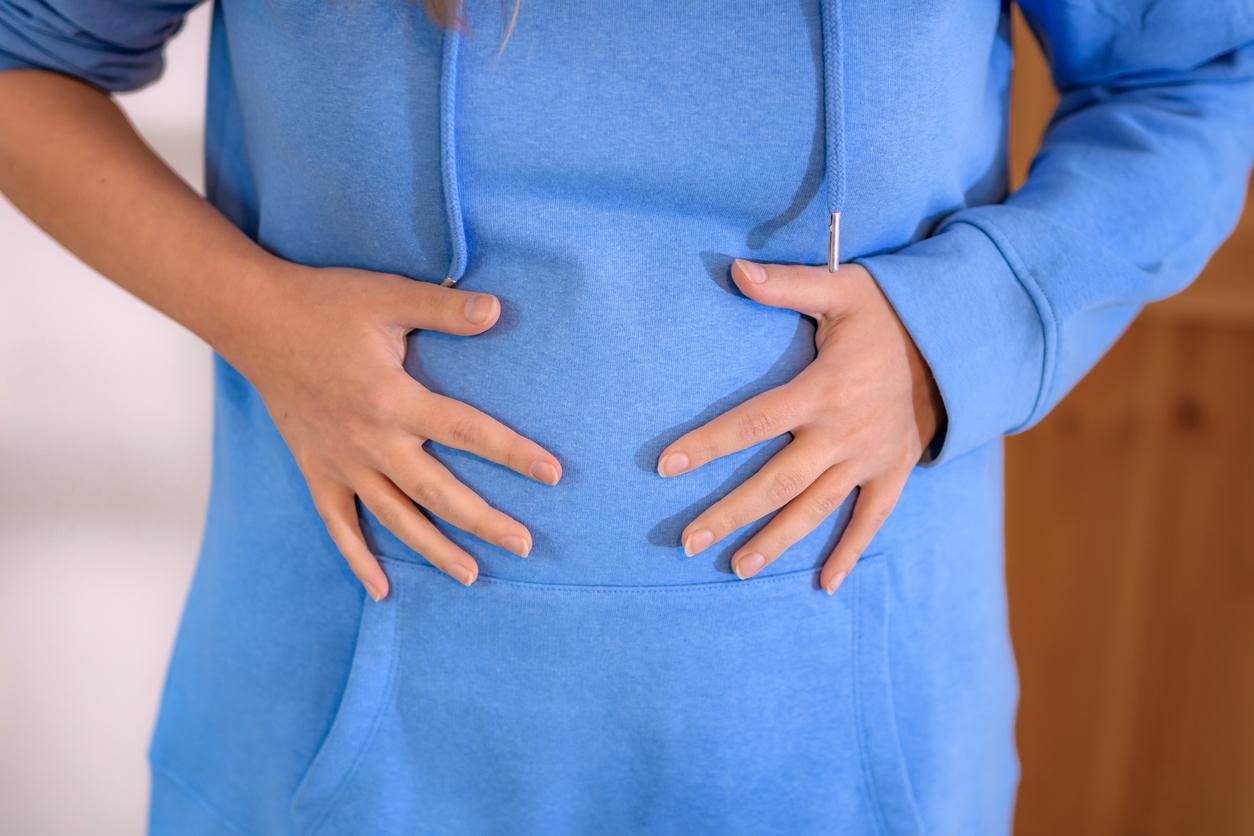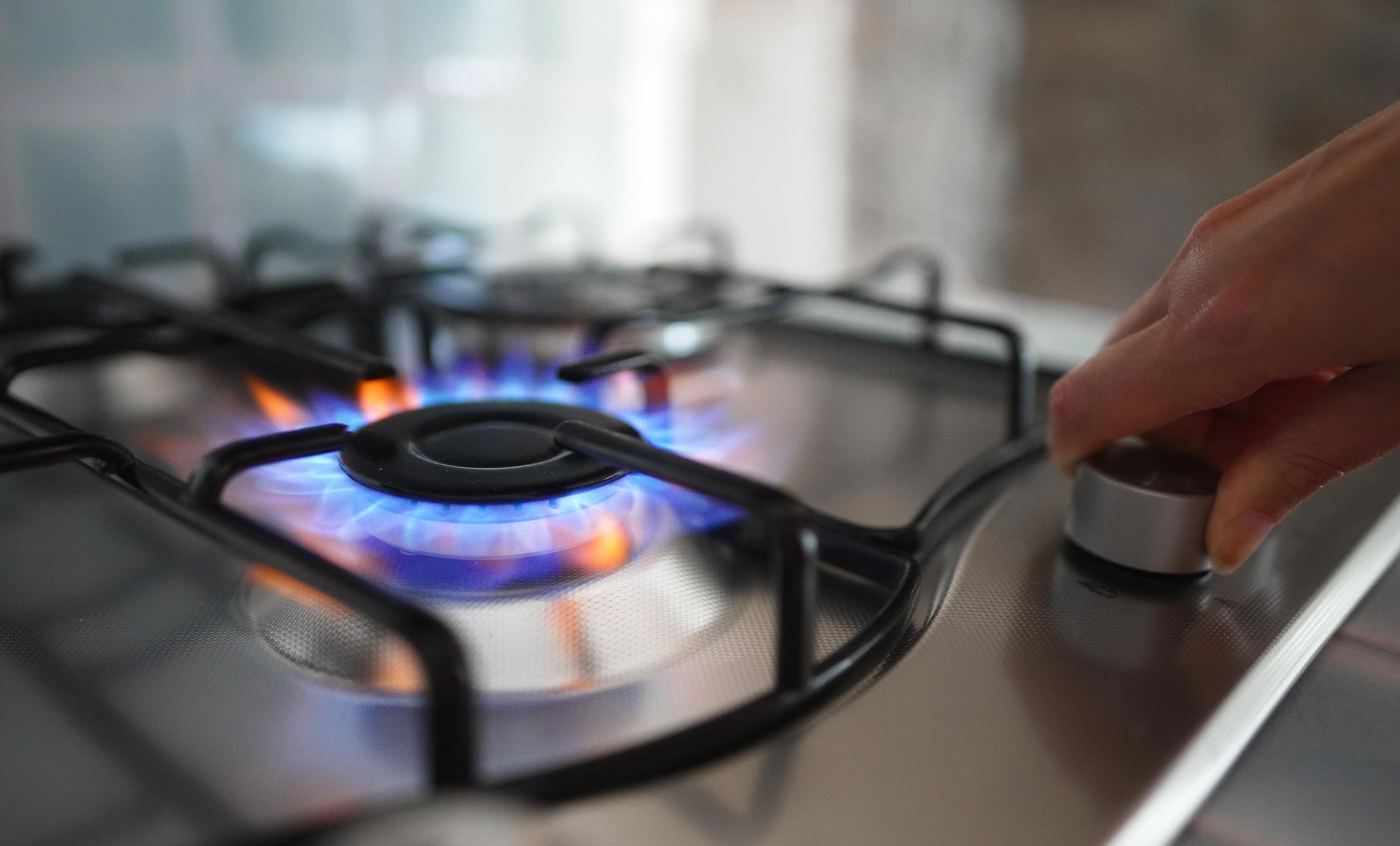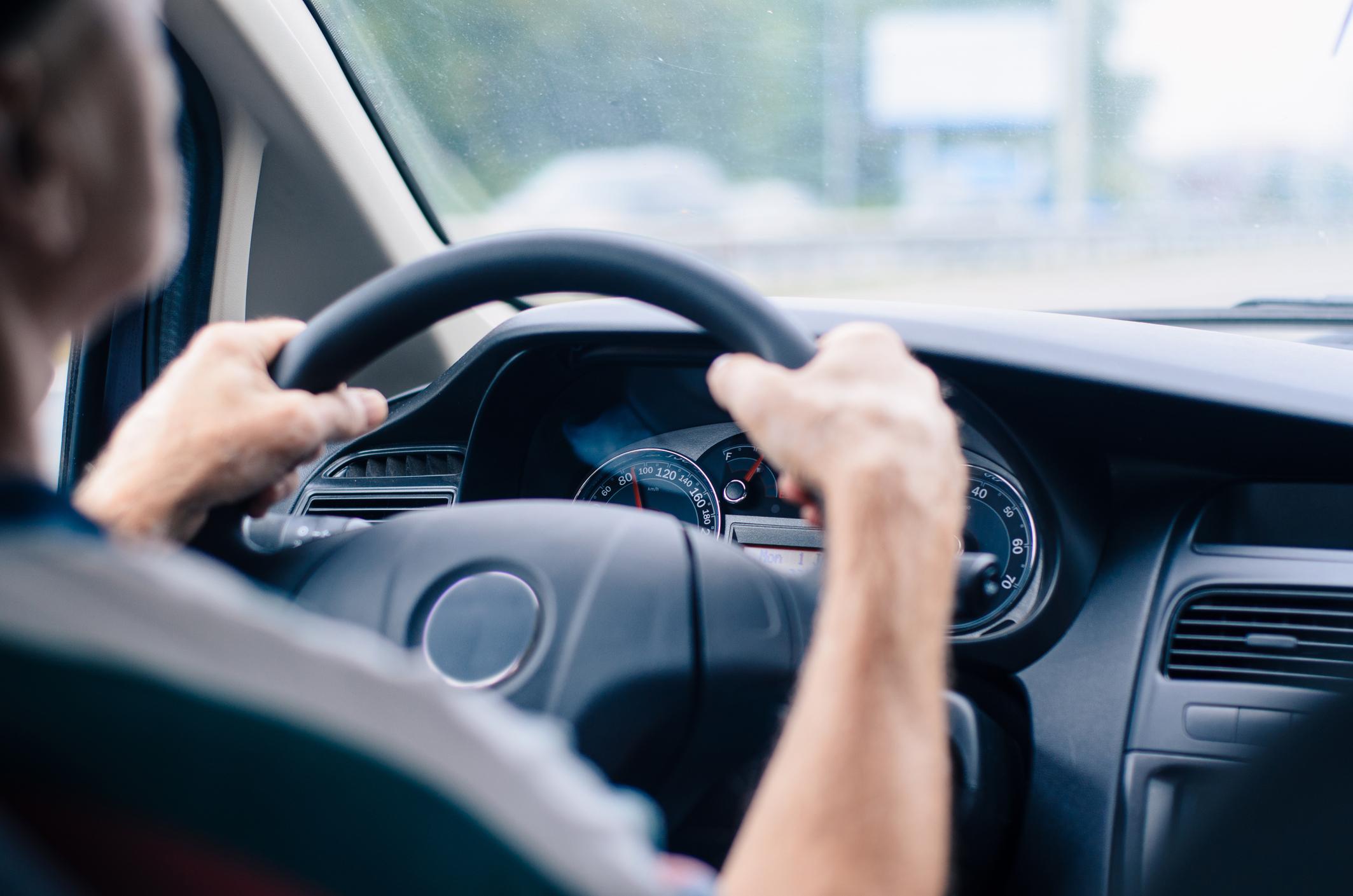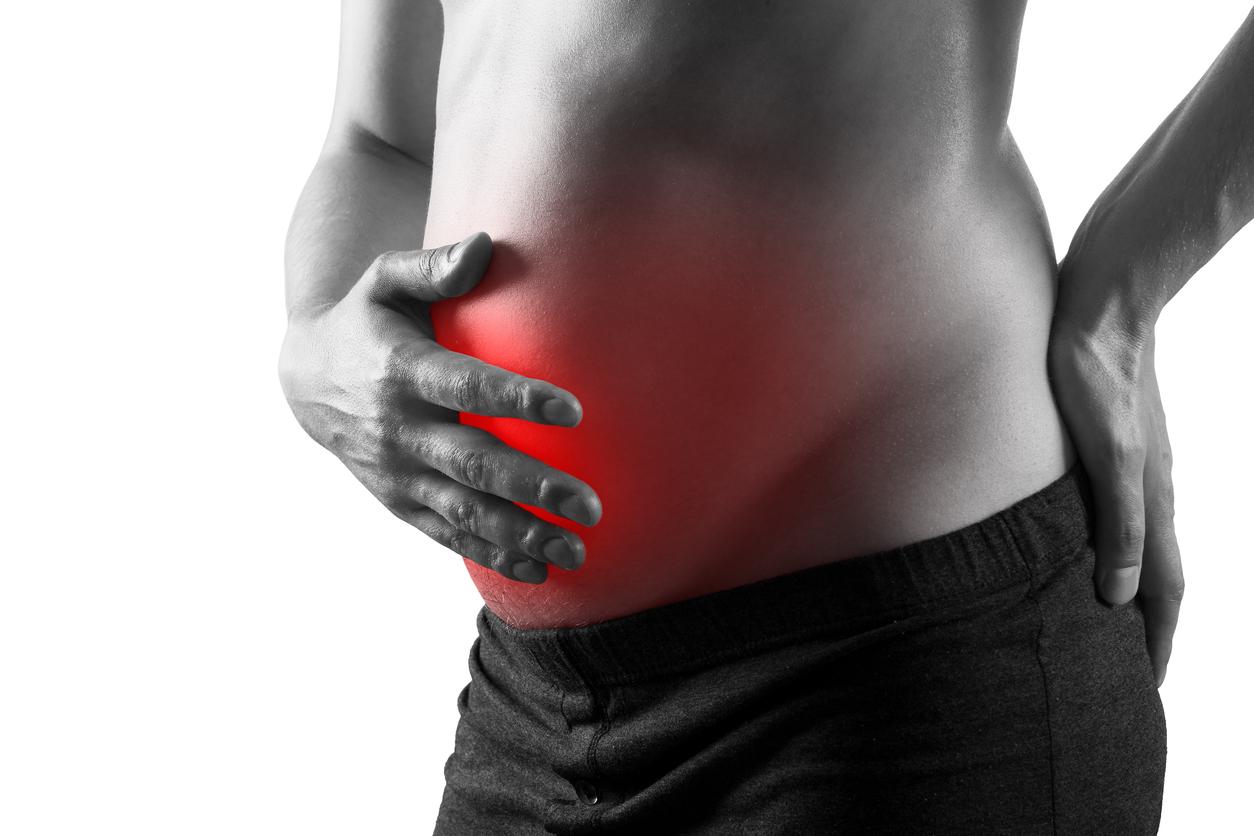The cracking of the fingers helps to evacuate gases present in the joints. This gesture is not dangerous, provided it is done correctly.
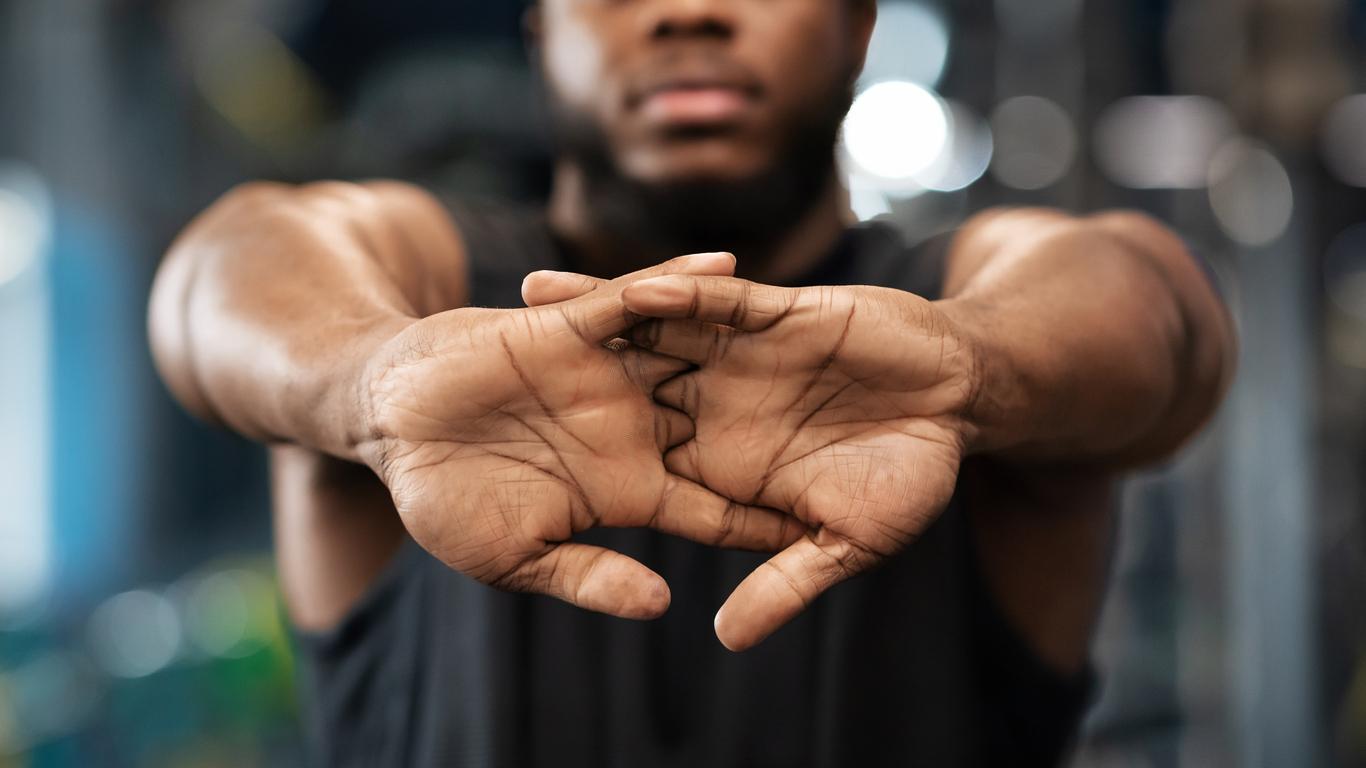
- Osteoarthritis is caused by damage to the cartilage.
- It is generally linked to aging: 80% of people over 80 are affected.
It is an intense relief for the one who does it, and it is sometimes embarrassing for the people around him. The snapping of the fingers is a simple gesture, but subject to many rumors. Some accuse it of causing osteoarthritis, others of damaging the joints. One Cleveland Clinic Orthopedic Surgeon (USA), Kim L. Stearns, discusses the myths and truths about finger snapping.
What really happens when you crack your fingers?
When a person makes this gesture, it makes a characteristic sound, like a crack. According to this specialist, this noise is completely normal because the movement releases gas in the form of nitrogen bubbles around the joints. “Researchers don’t know if the sound your knuckles make is the sound of gas bubbles forming or releasingnotes Kim L. Stearns. But anyway, it’s only gas.”
Finger cracking: is it responsible for osteoarthritis?
There is a persistent idea around finger cracking: it would be responsible for the formation of osteoarthritis in the joints. This disease, which affects ten million people in France according to Inserm, causes progressive destruction of articular cartilage. It is painful and embarrassing for daily activities, and for the time being, no treatment can cure it.
For many years, researchers have proven this popular rumor to be false. Kim L. Stearns cites in particular a 2017 study, which compared the fingers of people who used to crack them, to those of people who did not. “There was no difference in grip strength between crackers and non-crackersobserves this health professional. This same study found a difference in the thickness of the cartilage of the metacarpal head, which may indicate osteoarthritis, but did not go so far as to suggest that joint cracking was the cause.He points to another piece of research, published in 2011, which looked at the effects of years of cracking your fingers. on the risk of osteoarthritis. According to him, the available scientific evidence indicates that there are, in fact, few or no long-term side effects associated with this gesture.
Finger cracking: what are the risks?
On the other hand, the orthopedic surgeon specifies that there are different ways to crack your fingers, and some are not recommended. “Do not pull or press too hard and pay attention to the direction”, he advises. If this causes pain, it is because the gesture was not suitable. If your finger swells, or if it is twisted, it is advisable to consult a health professional, it may be an injury to the ligament.












